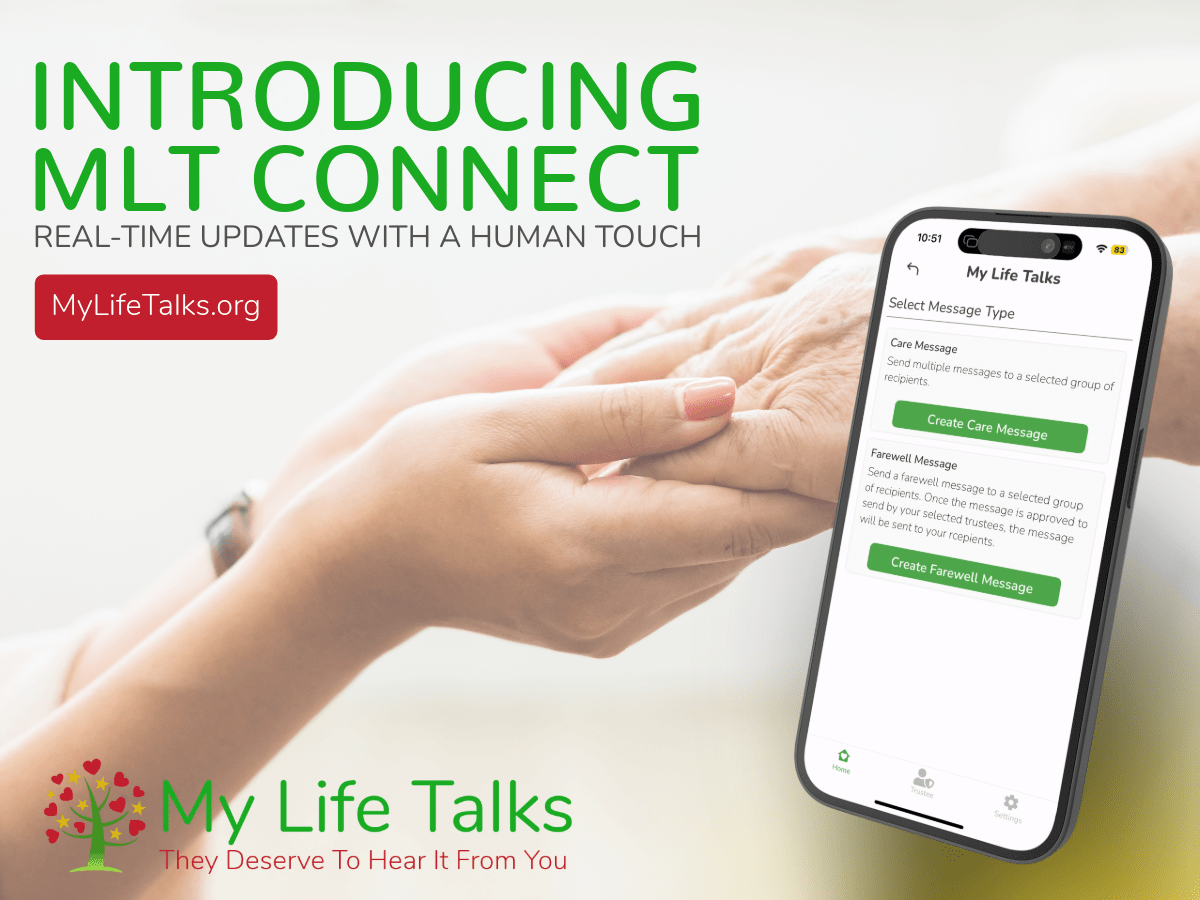The intersection of Artificial Intelligence (AI) and end-of-life communication is emerging as a pivotal area where technology can make a significant impact. AI-centric platforms are being developed to accelerate communication processes, personalize interactions, and offer emotional and logistical support during difficult times such as death or terminal illness. Below is an exploration of AI-driven platforms in this space, along with an analysis of their applications, benefits, and existing technologies.
1. Breakthrough AI-Centric Acceleration Platforms
AI acceleration platforms, designed to enhance human communication and decision-making, are being used to streamline and optimize end-of-life planning and communication. These platforms leverage machine learning, natural language processing (NLP), and predictive analytics to enhance user experiences.
a. Key Features of AI-Centric Platforms:
- Predictive Analytics for Timing and Content: AI can predict when and how to communicate sensitive messages, such as critical health updates or final wishes, optimizing the timing and tone to minimize stress for both patients and family members.
- Natural Language Processing (NLP) and Sentiment Analysis: AI can analyze user inputs and determine emotional tones, allowing for more empathetic and meaningful conversations.
- Automation of Routine Tasks: Platforms can automate the distribution of wills, medical instructions, and other documents. This reduces the administrative burden on families and caregivers during times of crisis.
- Personalization and Contextual Understanding: By learning from user data, AI can provide personalized recommendations on how to communicate difficult news, what resources may be required, and who to contact.
2. The Role of AI in Facilitating End-of-Life Communication
AI has the potential to transform how people communicate during end-of-life situations, offering emotional, logistical, and financial support. Here’s how AI plays a role in facilitating these critical conversations:
a. Emotional Support and Conversational AI
AI-powered conversational agents can simulate empathetic interactions, guiding patients and families through difficult discussions. Replika AI is an example of an AI that learns conversational patterns and offers emotionally intelligent responses, providing companionship and emotional relief.
In end-of-life scenarios, conversational AI can:
- Aid in Counseling: Offering emotional support by discussing topics that individuals may not feel comfortable discussing with family or friends.
- Facilitate Legacy Conversations: AI can help individuals share memories, wishes, or advice that will be communicated to loved ones after their passing, capturing these important moments and providing solace.
b. Enhancing Healthcare Communication
AI tools in the healthcare industry, such as IBM Watson Health and Google DeepMind, are being used to enhance the patient experience by improving communication between healthcare providers, patients, and families. AI can bridge the gap between medical jargon and layperson understanding, making it easier for patients to communicate their wishes regarding end-of-life care and medical decisions.
3. Existing AI-Driven Technologies for End-of-Life Communication
Several companies and technologies are already leveraging AI to revolutionize end-of-life communication and planning. Below are a few notable examples:
a. My Life Talks
- Overview: My Life Talks offers an innovative platform for end-of-life and critical event communication. The app uses AI to enable users to send messages, distribute wills, and plan donations. It provides a central space where users can pre-program messages that will be delivered to family members during emergencies or upon death, easing logistical burdens for loved ones.
b. Cake (JoinCake.com)
- Overview: Cake is a digital platform designed to help individuals plan for end-of-life care, distribute legal documents, and communicate final wishes. While Cake itself doesn’t fully leverage AI, its platform is ripe for AI integration, such as predictive planning and the personalization of advice.
- Potential AI Application: AI could be used to automate reminders for updating wills or final wishes, notify family members of document updates and create personalized end-of-life plans based on a user’s changing life circumstances.
c. Aiva Health
- Overview: Aiva Health utilizes voice-powered AI platforms like Amazon Alexa to empower patients to control their healthcare environment, request help, or communicate with caregivers. While currently focused on enhancing patient care in medical settings, its communication platform could be expanded to support end-of-life notifications and family engagement.
d. Empathy
- Overview: Empathy is an AI-driven platform that supports families after the death of a loved one, handling logistics such as document retrieval, bill payments, and probate. Empathy’s AI technology assists in managing administrative and emotional tasks, allowing families to focus on grief rather than paperwork.
4. The Impact of AI on Reducing Stress in End-of-Life Situations
AI-driven platforms can play a crucial role in reducing stress during end-of-life planning and decision-making. Here are some key impacts:
a. Reduced Administrative Burden
AI can handle the tedious aspects of end-of-life logistics—such as managing legal documents, financial affairs, and notifications—freeing families from stress. AI-powered platforms like Empathy handle these functions seamlessly, allowing loved ones to focus on emotional recovery.
b. Enhanced Emotional Support
AI-powered chatbots and virtual assistants can provide companionship to individuals who feel isolated or burdened by their end-of-life journey. While not replacing human interaction, these tools can offer a level of comfort, helping to alleviate loneliness.
c. Streamlined Communication
Families often struggle with disseminating information during a medical crisis or after a loved one’s passing. AI can facilitate clear, real-time communication, notifying key stakeholders while ensuring that sensitive information is handled appropriately.
d. Personalized Guidance
AI platforms can assess individual preferences and offer personalized guidance, from legal documentation to financial planning, easing the process for individuals and families during difficult times.
5. AI-Centric Platforms in Development for End-of-Life Care
Several AI-centric platforms are under development with a focus on end-of-life care. These platforms aim to streamline medical care, family communication, and final wishes, including:
- Sema.ai: A platform that integrates AI with palliative care to predict patient needs and notify families about changes in health status in real time.
- Digital Memorials: Some companies are leveraging AI to create digital memorials, preserving a person’s digital footprint after death. GoodTrust is an example of a company using AI to curate and store important memories for loved ones.
Conclusion
AI-driven platforms for end-of-life communication present a significant opportunity to improve the way individuals, families, and healthcare systems handle difficult conversations and logistical tasks. Companies like My Life Talks, Empathy, and Aiva Health are at the forefront of this movement, using AI to reduce stress, provide emotional support, and streamline complex processes. The potential for further AI integration in this space is vast, with future platforms likely to offer more personalized, real-time, and empathetic communication tools for patients and their families.
As AI technology continues to evolve, its applications in end-of-life care and communication will likely become indispensable, offering a meaningful intersection between technology, healthcare, and human experience.






